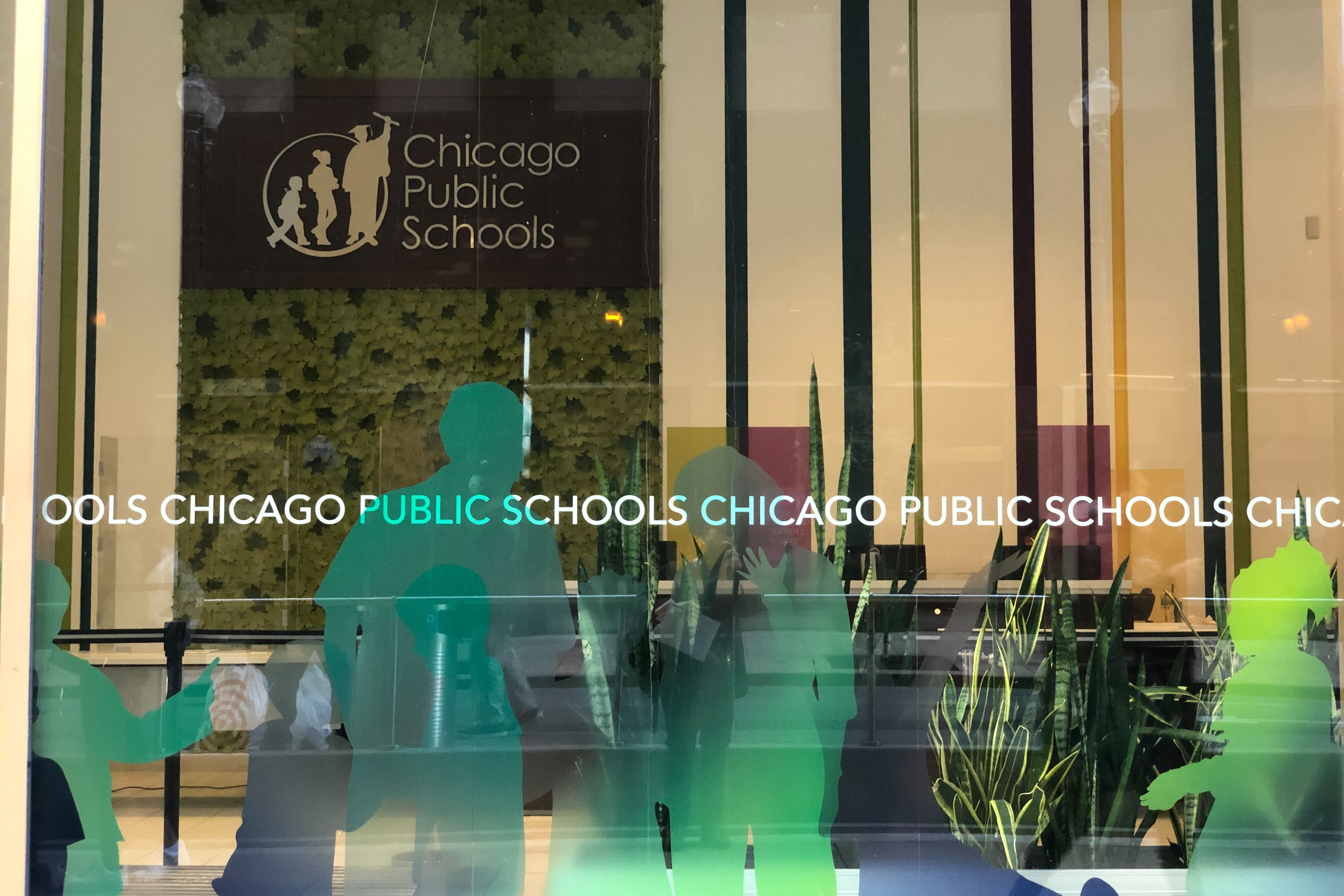Illinois lawmakers released a new draft map for Chicago’s soon-to-be-elected school board at 10:30 p.m. Wednesday ahead of a hearing scheduled for this evening.
Their initial proposal for dividing Chicago into 20 districts for the city’s school board elections that begin in 2024 was met with criticism for underrepresenting Latino families, who make up 46.5% of Chicago Public Schools student population.
The new draft tinkers with three districts where no racial or ethnic group has a 50% majority, tilting two of those in favor of Latinos.
In the latest iteration, seven districts have a population that is 50% or more Black, five where Latinos make up 50% or more of the population, and five where the population is 50% or more white. Two districts have a Latino plurality, where roughly 40% of the population is Latino, and one has a white plurality. Previously, two districts had a white plurality and one had a Latino plurality.
Chicago’s population is 33% white, 29% Latino, and 29% Black, but the school district’s student population is 46.5% Latino, 36% Black, 11% white, and 4% Asian American.
The Senate Special Committee on the Chicago Elected Representative School Board will hold a virtual hearing regarding the updated map at 5 p.m. on Thursday, May 18, where a vote could take place. The House will hold one on Friday, May 19.
Lawmakers face a July 1 deadline to pass a map for Chicago’s elected school board, but their spring session is currently scheduled to wrap up this weekend.
Becky Vevea is the bureau chief for Chalkbeat Chicago. Contact Becky at bvevea@chalkbeat.org.






